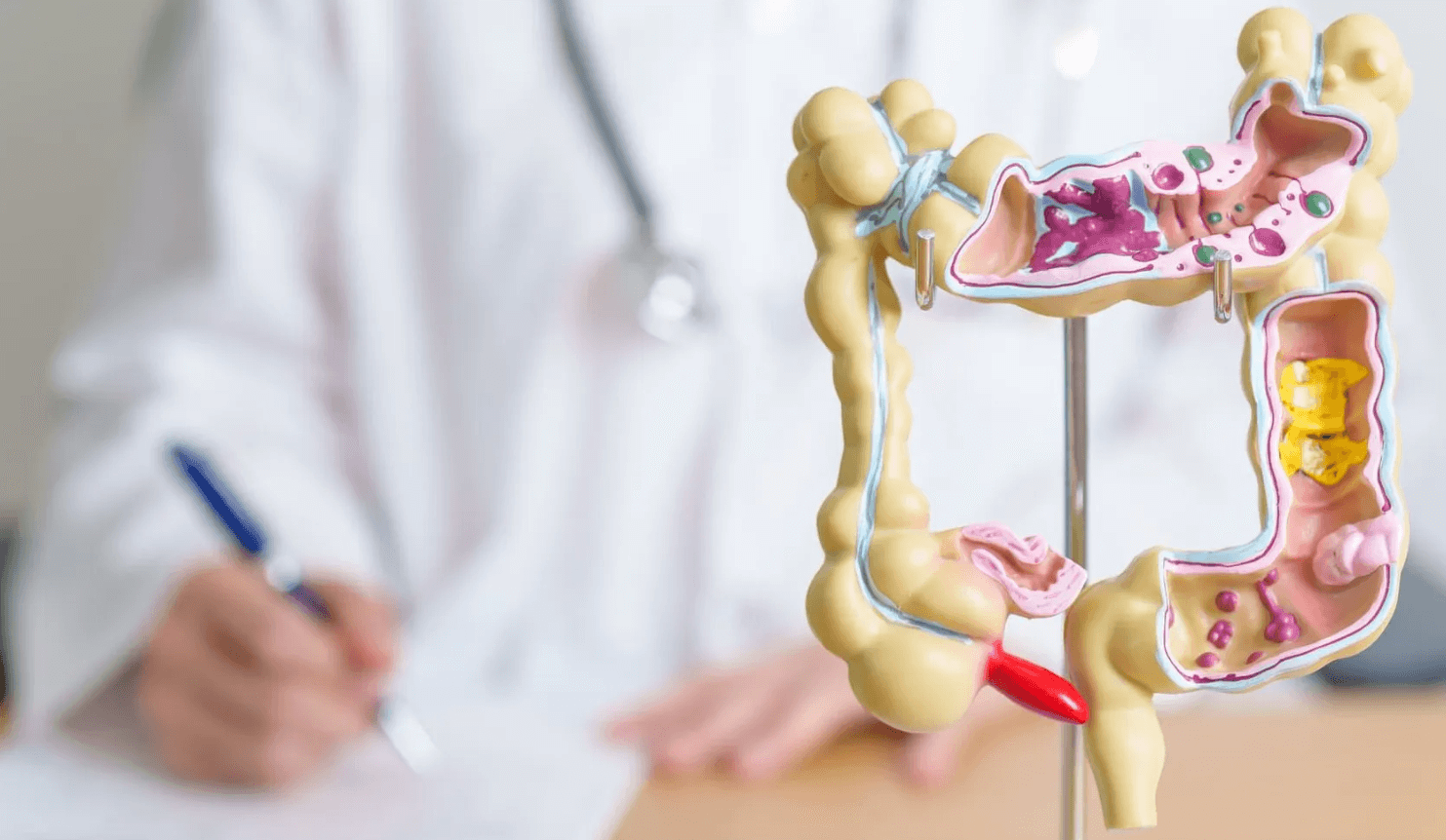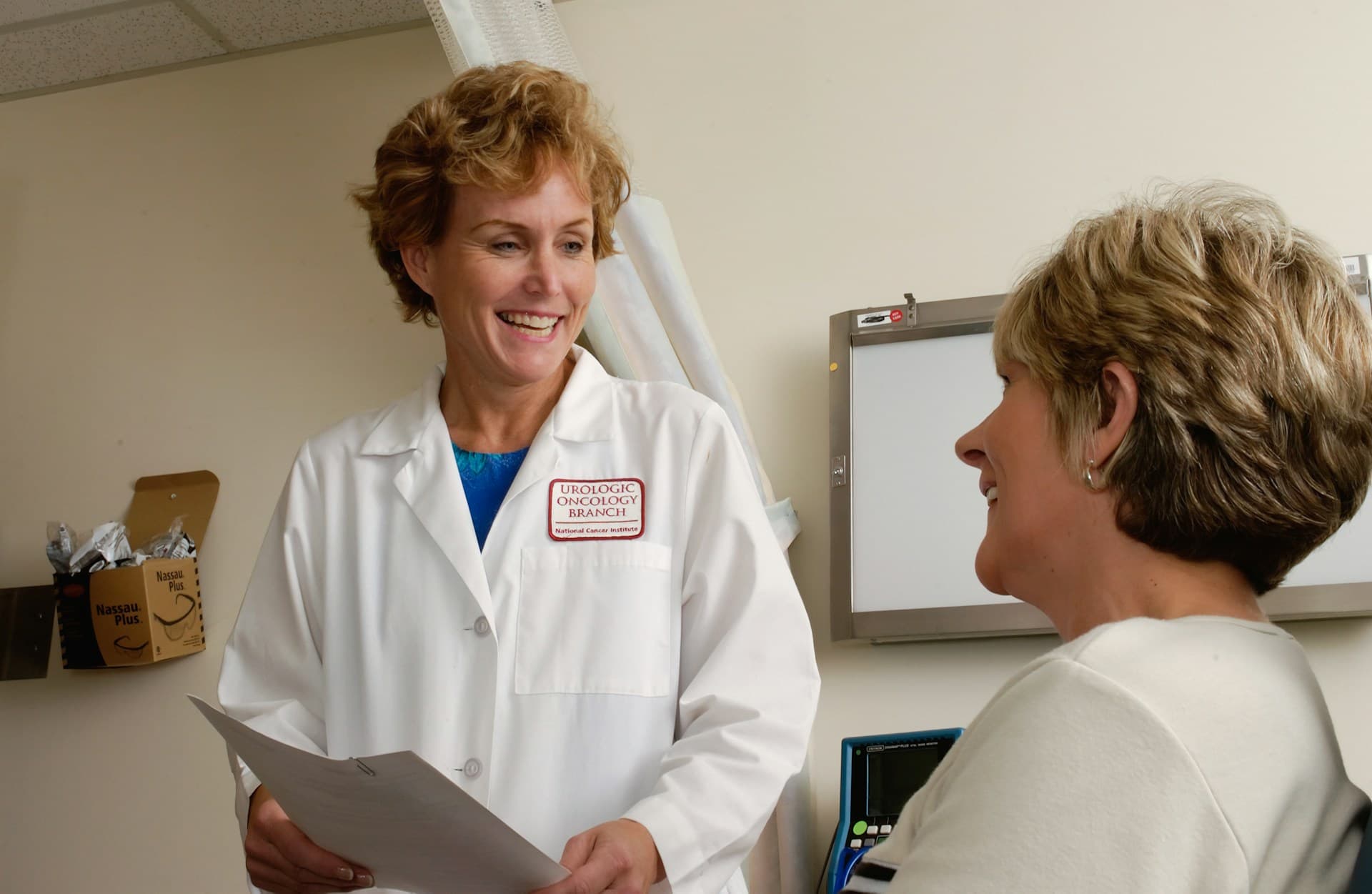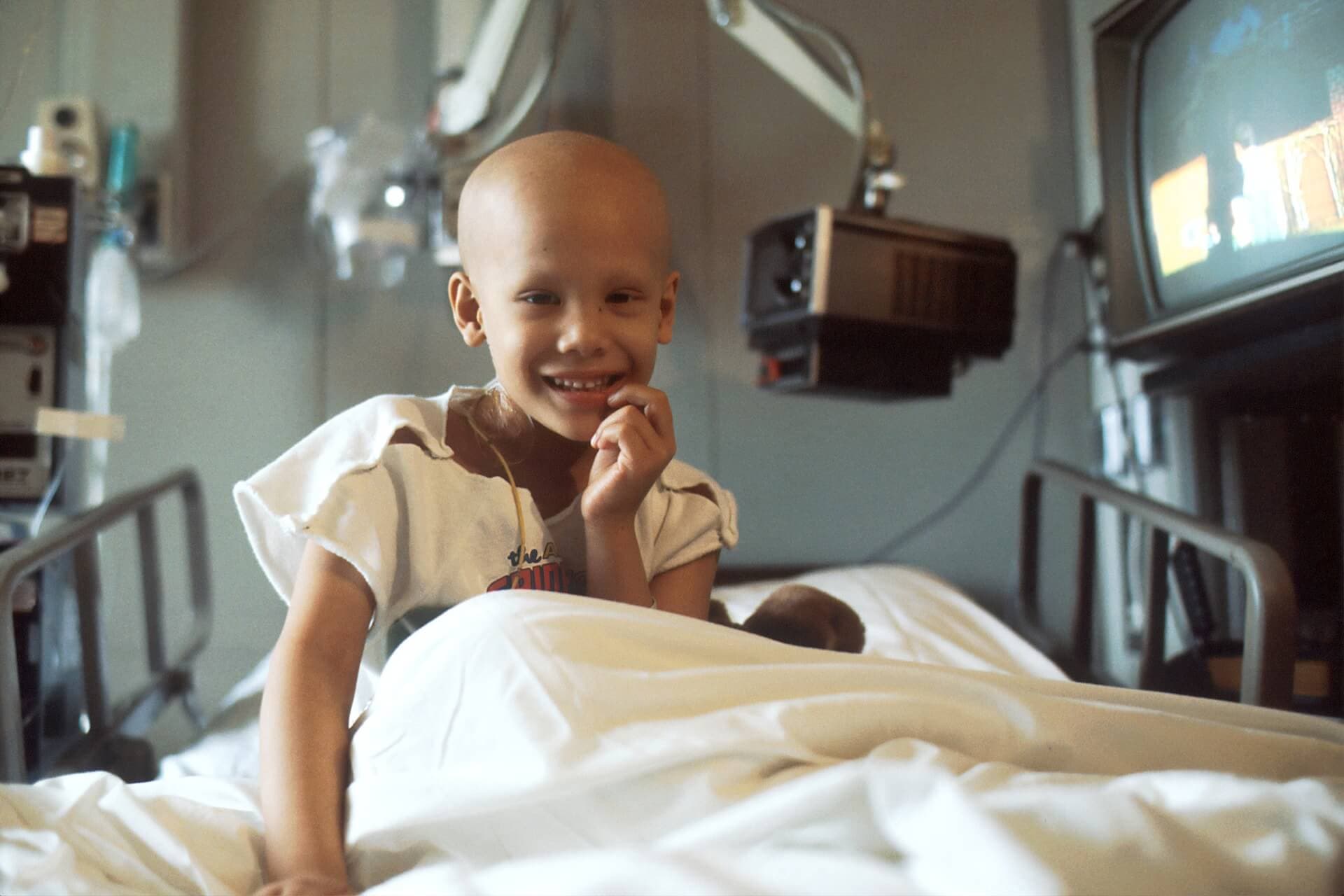Colon Cancer

General information
Colorectal cancer is sometimes called colorectal cancer. Colorectal cancer is a type of cancer that develops in the tissues of the colon or rectum, which are components of the human digestive system.
The colon is the first and longest part of the large intestine. It absorbs water and some nutrients from foods. It also converts residual waste products into feces. The rectum is the lower part of the large intestine. It is where the body stores stool.
Cancer that starts in the colon is called colon cancer, and cancer that starts in the rectum is called rectal cancer. Cancer that affects either of these parts can also be collectively called colorectal cancer.
In this page we will look at colon cancer. It can occur in any part of the colon. Examining the entire colon using a long, flexible tube with a camera is one way to detect colon cancer and polyps. This examination is called a colonoscopy.
Colon cancer usually affects older people, although it can happen at any age. It usually starts as small clusters of cells called polyps that form inside the colon. Polyps are usually not cancerous, but some can turn into colon cancer over time.
Polyps often do not cause symptoms. For this reason, doctors recommend regular screening tests to look for polyps in the colon. Detecting and removing polyps helps prevent colon cancer.
If colon cancer develops, many treatments can help control it. Treatments include surgery, radiation therapy, and medicines such as chemotherapy, targeted therapy, and immunotherapy.
- Latest data
- About colon cancer diagnosis
- NSCLC и SCLC
- Symptoms of colon cancer
- Causes of colon cancer
- Colon cancer types
- Colon cancer prevention
- Colon cancer diagnosis
- Staging of colon cancer
- Colon cancer treatment
- Therapies for colon cancer
- Aftercare
- Tracking
- TELK/NELK
Diagnosis “colon cancer”
Colon cancer is a type of malignancy that develops in the colon, the part of the lower section of the digestive system. This disease usually starts from small, benign clusters of cells called adenomatous polyps, which can develop into cancer over time.
Colon Caner types
There are several types of colon cancer, the most common of which is adenocarcinoma. It originates from the glandular cells that line the wall of the colon. Other less common types include lymphomas, neuroendocrine tumours and sarcomas.
Colon Cancer sympthoms
Symptoms of colon cancer can include changes in bowel habits (constipation or diarrhea), blood in the stool, abdominal pain, fatigue, and unexplained weight loss. However, many patients do not experience any symptoms in the early stages of the disease.
Colon cancer diagnosis
Diagnosing colon cancer usually involves a colonoscopy, in which a doctor uses a flexible tube with a camera to examine the inside of the colon. Other tests may include CT scans and tests for blood in the feces.
Treatment options
Treatment for colon cancer can depend on the stage of the disease and includes surgery to remove the tumor and affected areas of the bowel, chemotherapy to destroy remaining cancer cells, radiation therapy, and targeted therapy. Treatment may include a combination of these methods.
Post-treatment follow-up
After completing treatment, colon cancer patients undergo regular checkups that include physical exams, colonoscopies and imaging tests to monitor for possible recurrences of the disease. Follow-up is important for early detection of new changes and to maintain patient health.
Latest data on colon cancer.
Statistics show that colon cancer is one of the most common cancers among adults. Although the death rate from this type of cancer is decreasing thanks to improvements in screening programmes and treatment methods, the disease remains a serious health problem.
Improving public awareness and access to early screening is key to reducing cases and improving patient survival.


Questions to ask your medical professional
- What type and stage of colon cancer do I have? What does this mean?
- Is there enough information to recommend a treatment plan for me? If not, what tests or procedures will be needed?
- How can I prepare for each test or procedure?
- Where should I go to have these tests done?
- When will I get the results? How will I receive the results (by phone, email, at my next visit or other) ?
- Who's going to explain these results to me?
- Should I get a second opinion? Can you give me names of doctors I can go to?
- If I get a second opinion, will I have to repeat any tests or procedures?
- What is the prognosis for my treatment?
- If I am worried about the cost of treatment, who can help me in this area?
- Which institution should I contact to learn about my rights as a cancer patient?
